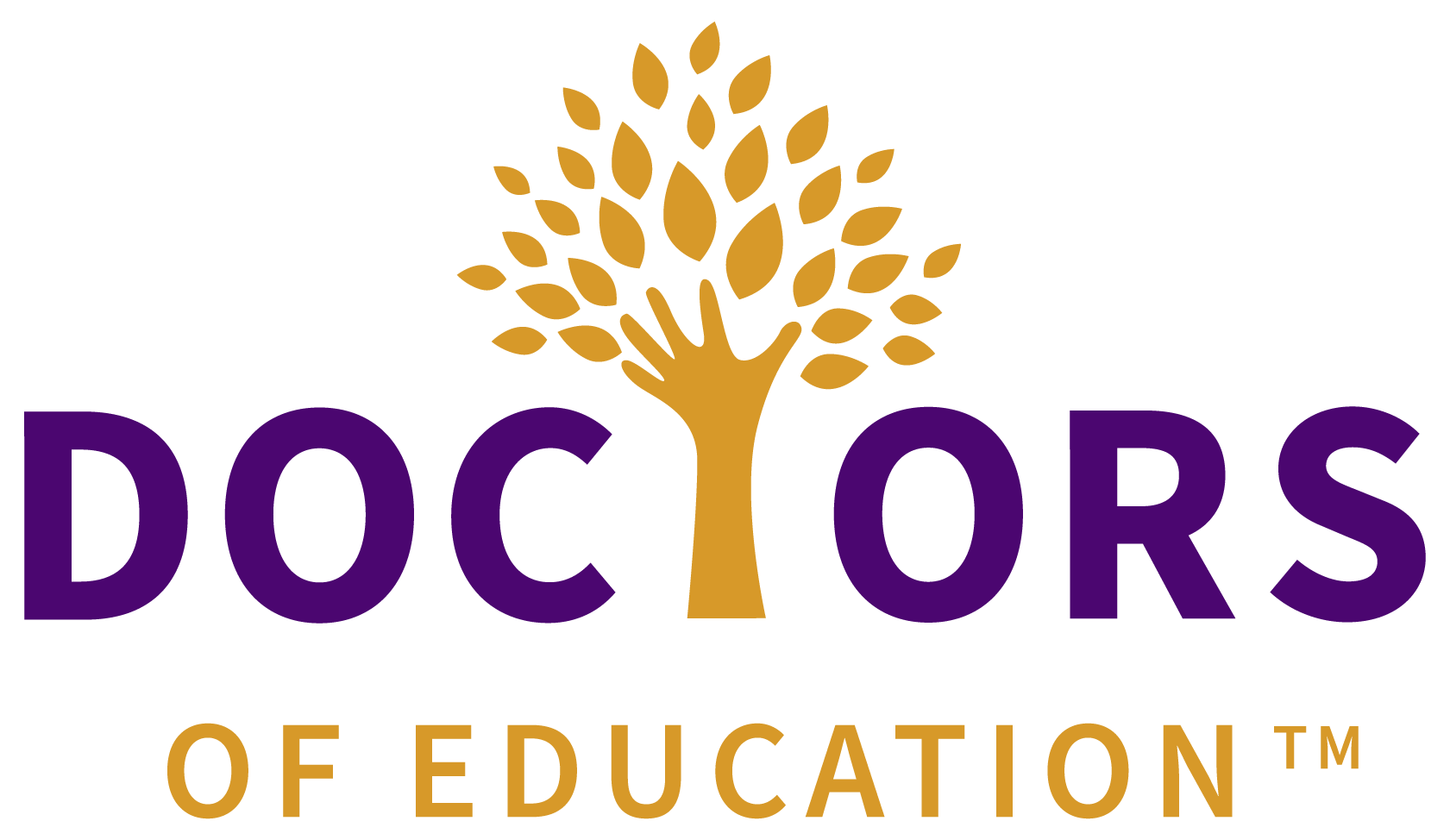We can help.
We will provide both in person and online services to help you meet your individual needs and to succeed in your unique goals.
Learning
We address a variety of learning challenges, diagnosed and undiagnosed.
Educational achievement
Sometimes you just don’t know why you can’t get where you want to go in school. We will help you to focus and achieve your educational goals.
Parenting special needs children/adolescents
We provide supportive and empowering techniques for all-around cognitive and behavioral improvement.
Parenting children/adolescents for academic/personal success
We provide supportive and empowering techniques to help gain the achievements desired.
Case management
For families with special needs children/adolescents facing complex diagnoses. We work with the family, allied professionals, and the classroom teacher(s) to coordinate support in and out of the classroom for the child/adolescent/student in need of cognitive and learning support.
Supporting adults with ADHD/ADD
Ninety percent of adults with ADHD/ADD go untreated (Barkley, R. (2012) ADHD Essentials Ideas for Parents, https://www.youtube.com/watch?v=SCAGc-rkIfo). We aid those with ADHD/ADD to reach their personal, academic, and professional goals.
Academic tutoring
Available upon request in all subject areas.
Post Covid Cognitive Support for Lingering Brain Fog
Senior Edge-ucation™
Supporting those who are aging to help them age with grace. Utilizing effective brain-based exercises based the neuroplasticity research and practices. In addition, bringing in various brain fitness techniques.
- Technology instruction – How do I use my iPhone and computer?! Small classes created upon request.
- Supporting those who are aging post hospitalization, and medical trauma, utilizing brain-based exercises to increase cognitive functions and reengage all parts of the brain.
R (Recovering) = Re-educating, Re-integrating, Re-connecting, and Renewing ² ™
Sometimes those in recovery do not realize they had undiagnosed learning disabilities that can predispose these individuals to obsessive behavioral issues.
Consultations with those in recovery and/or their families to support a program for the brain’s recovery from the impact of addiction and eating disorders.
Educational Assessment (LPAD)
The Learning Propensity Assessment Device (LPAD) is a series of activities used to determine how an indiviual learns. The test allows for the individual evaluating to observe and record how the examinee learns by deciphering which methods of teaching they best respond to, and how much observed learning is retained as they are presented with new and more challenging tasks. In scoring this exam, the individuals are presented with a clear picture of how the client thinks and learns, and the most effective way to tap into their latent learning potential.
The LPAD battery consists of several instruments. The LPAD instruments include all of the important forms of information processing – verbal, pictoral, numerical, figural, symbolic and graphic. How a client combines them tell us much about their individual style of learning. As such, the amount of time required for assessment and the number and range of instruments may vary a great deal.
Why it’s different
The LPAD is different from traditional educational and psychological evaluations in that we determine the client’s potential not from scores or single responses, but from observations of repeated responses to tasks, and from utilizing mediation to teach the client how to solve problems and correctly respond. The LPAD not only measures potential, but also provides perspective on the best methods of intervention for the clients learning ability to grow.
Client Results
Being an Educational Therapist working with a client on the Autistic Spectrum requires at times experimentation and creativity. Having worked with this client for two years I decided to bring music into our Educational Therapy sessions. I am not a “music therapist,” and I immediately saw a change in my client’s demeanor bringing music into our sessions. Given my client’s challenges with expressive language, we worked together (I write poetry) to write a poem (lyrics to a song) with the topic of my client’s choosing. My client chose to write about a favorite place to eat and favorite foods; thus “Rice Beans and Cheese Burrito” was born.
My neighbors are musicians, Smitty West who wrote the music and Julija Zonic sang vocals “Rice Bean and Cheese Burrito.” When my client heard these words put to music, it changed once again my client’s emotional demeanor. Interestingly enough, my client’s speech impediment of not being able to pronounce words with “Rs” completely vanished during the singing of this and other songs. Given the success we had with the first song, I set out to write another set of lyrics with my client, and this time writing about my client’s dog “Oscar” was chosen. Another experience of pure joy when my client heard this song created from my client’s writing. Smitty sang vocals on this song, “Oscar Meyer The Wonder Dog.”
Rice Bean and Cheese Burrito
Oscar Meyer The Wonder Dog
Lyrics to “Oscar Meyer The Wonder Dog”
He likes to chase the squirrels in the yard
We hope he doesn’t wander off too far.
Bunnies, lizards gophers all day long
He is our Oscar Meyer Wonder dog
It doesn’t matter.
carne asada or filet mignon
Oscar Meyer Wonder Dog will eat it all day long
He likes to dig for moles in the ground
It’s one big reason we keep him around.
HI sits and snuggles by me when I eat.
Cause he knows that he will get a yummy treat.
fire trucks sometimes go screaming by
Oscar screams on back, we don’t know why.
Goats and sheep and llamas on the street
he makes sure that he’s the one they meet.
Oscar always let’s us know who’s boss
He shows us all the streets we need to cross
He lies down next to me for my zoom class
He’s getting smart and learning really fast.
